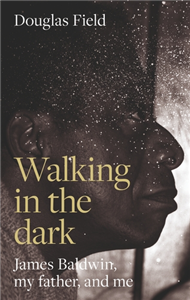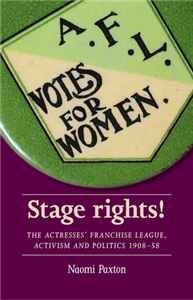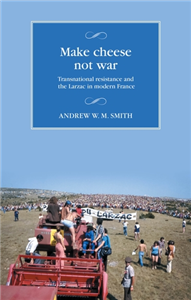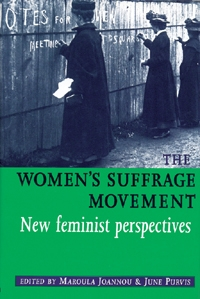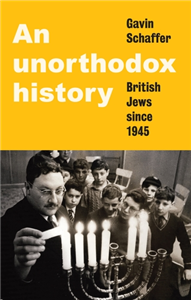Campus Verlag GmbH
Founded in 1975 Campus Verlag is one of the most successful, independent German publishers of business books, general non-fiction and academic titles. Campus’ non-fiction titles contribute to the debate on economy, current affairs, history and society. Campus is e.g. the home of authors like Malcolm Gladwell, Michael Lewis, Ian Morris, Jeremy Rifkin, and Paul Krugman. The general list is completed by self-help books for personal development. Here, Campus built a number of German authors who became international bestsellers, e.g. Tiki Küstenmacher with “Simplify your life”, Lothar J. Seiwert or Marco von Münchhausen. Its business titles cover two areas: On one hand general titles on management, strategy, sales & marketing, human resources, on the other hand practical books for professional and career development. Among its most eminent authors you find the winner of the Nobel price for economy Robert J. Shiller, Stephen R. Covey, Peter Drucker and two of Germany’s best-known management authors: Reinhard K. Sprenger and Fredmund Malik. The academic list mostly focuses on sociology and history presenting the latest research findings and providing critical analysis. At Campus Verlag, our publishing program is as diverse as society itself. Our books receive great public attention due to its diverse program which is committed to furthering social change and thinking outside the box.
View Rights Portal




